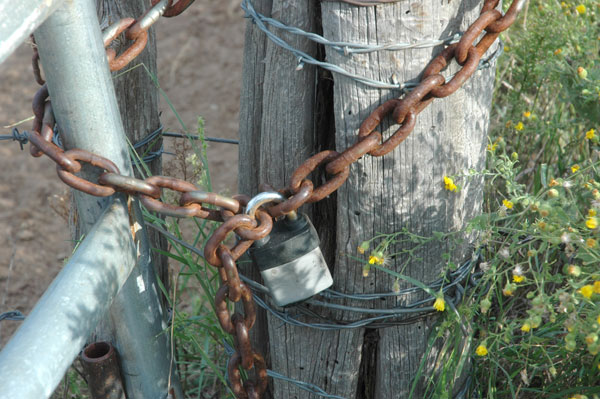Activists both inside and outside of government are using environmental laws to turn agricultural production into a criminal act.

Last week, EPA issued a rule that signals the beginning of the end of the coal industry in the U.S. Without congressional authority and without congressional input, EPA’s rule forbids any future construction of coal-fired power plants in this country.
“If you can tell utilities in this country that they cannot build coal-fired power plants, it’s just as easy to say you cannot use antibiotics, it’s just as easy for EPA to say you cannot use, as a farmer, phosphorus or nitrogen because it pollutes the waters of the U.S,” says Gary Baise, an attorney with Olsson, Frank and Weeda in Washington, DC.
“The social contract with American agriculture is broken,” Baise says. “That’s what HSUS, PETA and the U.S. Environmental Protection Agency are doing. They’re slowly destroying the foundations of American agriculture.” Baise sees the challenges every day in courtrooms across the nation, as environmental groups bring suit after suit against various aspects of agricultural production.
“Ever think of agriculture as a criminal activity? EPA does,” he says. “They’re indicting farmers all over this country for what I would call negligent acts.”
For example, if a feedyard doesn’t control the runoff from its property, that can be deemed a criminal act. “We never used to criminalize negligence in this country. And we don’t do it against most people in this country except farmers, because farmers can’t fight back,” he says.
“These folks want to run CAFOs out of business,” he charges. “The environmentalists say we in agriculture are polluting our water with what’s running into it, we’re polluting the air with all we’re putting into it. But most of all, we’re poisoning our people through Frankenfoods like GMOs and with antibiotics. That’s what’s being said. Those are the kinds of things we fight in the courts.”
That means, he says, that ag producers and organizations must become more engaged, both in courts of law and in the court of public opinion. “We have so many great stories in American agriculture and we’re not telling them,” he says.
Over the long haul, however, Baise is encouraged. “By and large, I think we can win this because I have great optimism for the American farmer. We will figure out how to solve these problems.”
In the meantime, he says, agriculture faces enormous legal threats. However, unlike other minorities, agriculture has never taken to the courts for help. “We’re going to have to do that. As Admiral (William “Bull”) Halsey said in World War II, ‘There are no great men. Just great challenges that ordinary men rise up to meet.’ I think we can do that; I think we will do that; I think we will win in the end.”
About the Author(s)
You May Also Like



